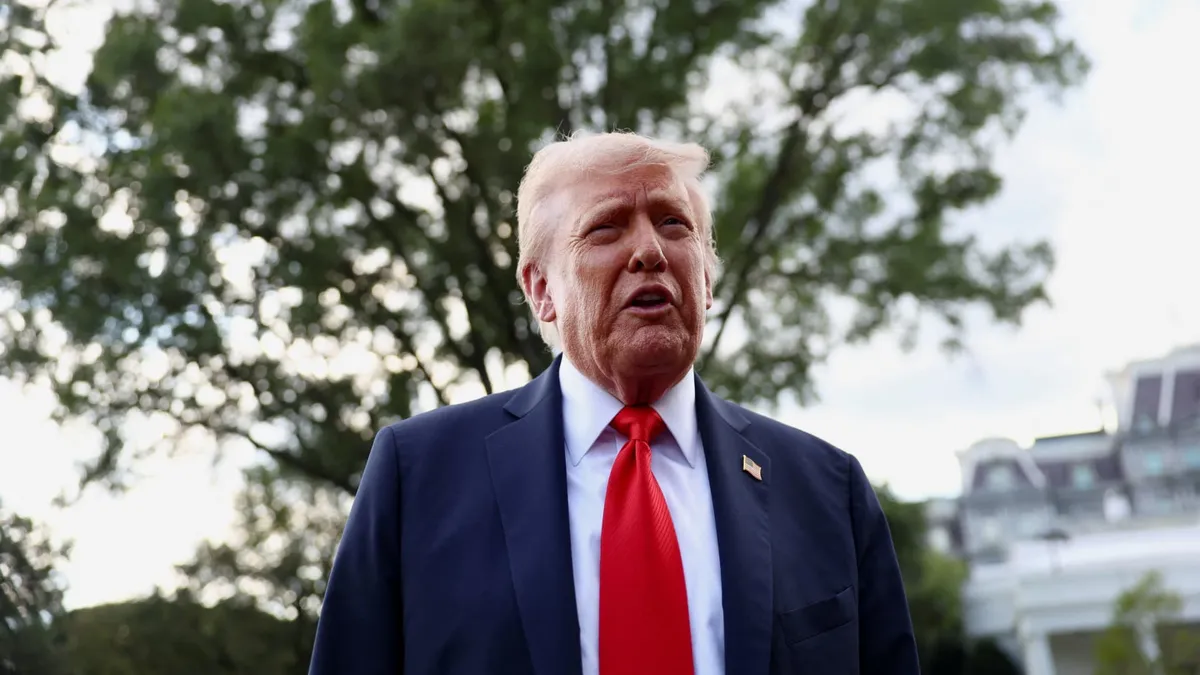
On Saturday, President Donald Trump declared his readiness to implement major sanctions on Russia as soon as all NATO member states align in halting their purchases of oil from Moscow. This statement reflects Trump's ongoing commitment to addressing the geopolitical tensions stemming from the Russia-Ukraine conflict.
In his remarks, Trump urged NATO countries to impose tariffs on China ranging from 50% to 100%. He emphasized that these tariffs should be lifted only after the conclusion of the Russia-Ukraine war. According to Trump, China maintains a significant influence over Russia, and imposing such powerful tariffs could weaken that grip. His comments were shared on Truth Social, where he stated that this message was part of a letter sent to NATO nations and the global community.
Despite having threatened to impose sanctions on Russia for its invasion of Ukraine, Trump has yet to take definitive action. Earlier this month, he expressed a willingness to enter a second phase of sanctions, but has hesitated to implement them. Analysts have suggested that part of this reluctance stems from Trump's desire to facilitate a peace agreement between Ukraine and Russia. Chris Weafer, chief executive of the Moscow-based firm Macro-Advisory, noted that there is a concern that if Russia is defeated, it may deepen its ties with China, potentially enhancing China's global position.
Trump's recent post underscores his shift in focus towards rallying NATO nations to increase pressure on Russia to end its military actions. He pointed out that NATO's commitment to victory has been lacking, particularly as some member countries continue to purchase Russian oil, which he deemed shocking. "It greatly weakens your negotiating position and bargaining power over Russia," Trump stated, emphasizing the necessity for unity among NATO allies.
Notably, countries like Hungary and Slovakia have faced criticism for their ongoing purchases of Russian fossil fuels, a situation that Trump officials have condemned. U.S. Secretary of Energy Chris Wright echoed Trump's sentiments, asserting, "We want to displace all Russian gas." This collective aim highlights the desire among the U.S. and European Union nations to bring an end to the Russia-Ukraine war and reduce reliance on Russian energy resources.